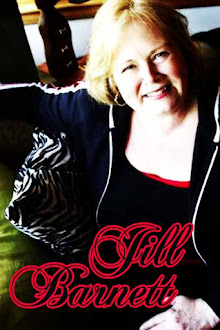I recently read a book, Stroke of Genius by Emily Bryant, in which the phrase "From whence" was used. Naturally my mind started to wonder. I wasn't at all surprised to find that this phrase seems to be a hot topic online (and what isn't?) Evidently, whence actually means "from where", so it would seem that when one sticks the word "from" in front of whence, one is actually saying "from from where", which doesn't really make sense.
Now, because I have an inquiring kind of mind I did a little exploring and then came up with my own theory. Dictionaries in some form or other have been around since the beginning of time; however, it wasn't until 1755 when Samuel Johnson put together a little book that the English language had one. And that one wasn't all encompassing. So, let's go a little bit further town the history path, shall we? In 1805, when Noah Webster started his dictionary of American words, he changed the way some words were spelled so that they would be Americanized; for example: "colour" to "color". And it took him 25 years to complete, so, that puts that year at 1825. Then we have those zany guys with the Oxford Dictionary, started in 1884 and released to the public as a series.
So, if I have a hero/man in a historical romance dated in the time period of 1812, it would probably not be incorrect to say "from whence", because I suspect that it was a common practice to just say "from whence"... and in my imagination, he didn't read the dictionaries, much like Shakespeare didn't. So, for a historical hero to say it, I'm not going to get too excited...however, no contemporary hero should utter the words "from whence", actually no contemporary hero should utter the word "whence". Yipes, wouldn't that be silly?
If you really want to read a truly remarkable nonfiction book about those wild and crazy scholastic guys, I recommend Simon Winchester's The Professor and the Madman, all about the creation of the Oxford English Dictionary.
Thursday
Subscribe to:
Post Comments (Atom)





No comments:
Post a Comment